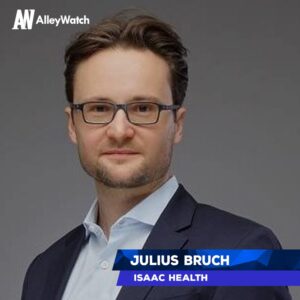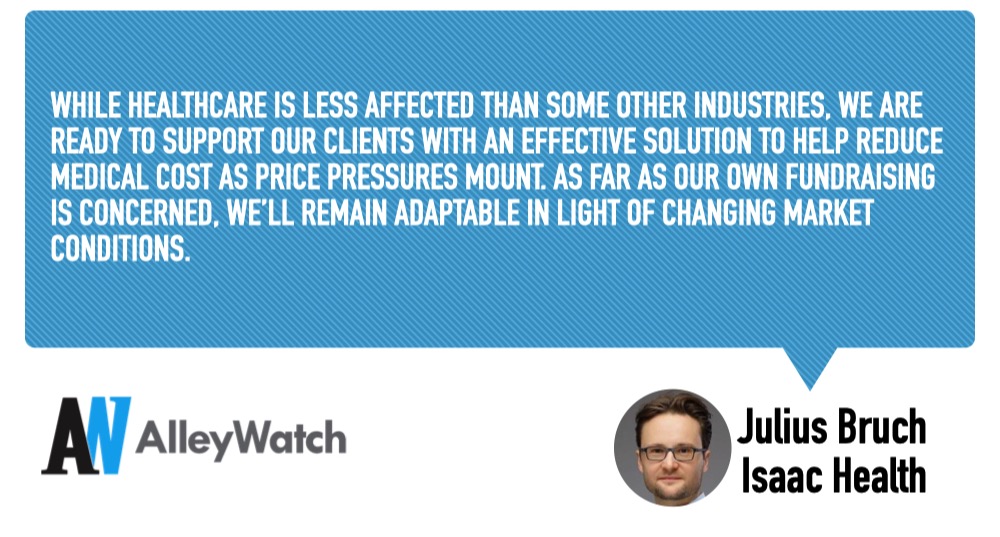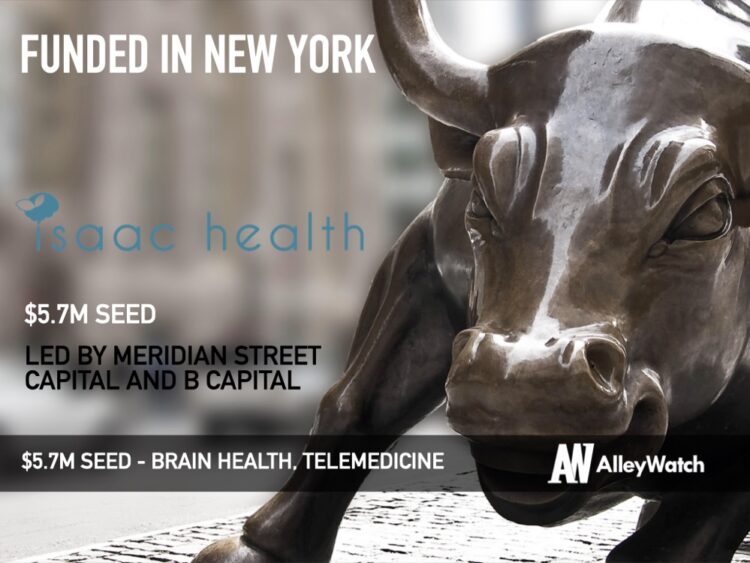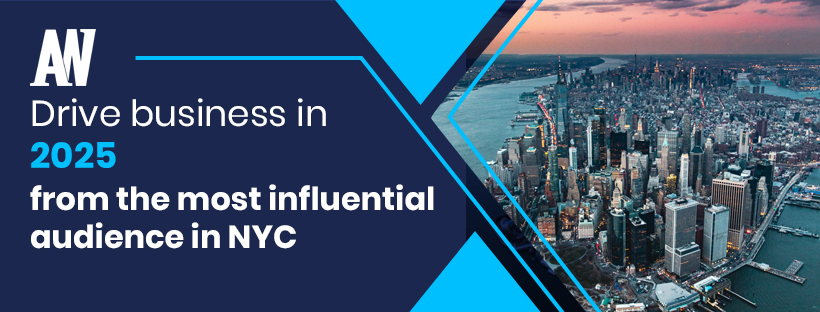40% of states are considered “dementia neurology” deserts where access to care is minimal, especially in rural areas. Even in populated areas, receiving expert care can be quite difficult if patients have issues with transportation access or if they have difficulty leaving home. Telehealth options can bridge this growing need for these patients. Isaac Health is a digital health and in-person clinical service platform for patients with dementia and other brain health conditions. In addition to screening, diagnosis, treatment, and ongoing care, patients, their support teams, and clinicians can manage medications, cognitive rehabilitation, counseling, and psychosocial support. Isaac Health partners with health systems and plans to offer its service and is fully covered by insurance. As treatments are being developed for Alzheimer’s, early detection and proactive care become more important as it can delay cognitive decline by up to 3 years. Isaac is live in about 15 states with plans to add six more states in 2024.
AlleyWatch caught up with Isaac Health CEO and Cofounder Julius Bruch to learn more about the business, the company’s strategic plans, latest round of funding, which brings the company’s total funding raised to $7.1M, and much, much more…
Who were your investors and how much did you raise?
We successfully completed an oversubscribed $5.7M Seed round led by Meridian Street Capital and B Capital, with participation from Primetime Partners, Co-Found Partners, VU Venture Partners, and AirAngels.
Tell us about the product or service that Isaac Health offers.
Isaac Health is a virtual and in-home clinical service for dementia and other brain health conditions. We partner with health systems and payers for screening, diagnosis, treatment, and ongoing care management at a population scale. Developed by leading neurological specialists, our proprietary care model is evidence-based and comprehensive, including services like medication management, cognitive rehabilitation, counseling, and psychosocial support. All of Isaac Health’s clinical services are in line with the gold standard of medical care, covered by insurance, and allow for fast access to specialists within days, not months.
What inspired the start of Isaac Health?
 Ever since experiencing the impact of dementia through my grandmother, I have been passionate about supporting people with brain health conditions and their families. During my time working as a consultant to health systems and payers, I noticed the big care gaps that exist in this space. In fact, more than 20 states in the U.S. are already classified as a “dementia neurology desert” by the Society of Actuaries. For patients, this translates into specialist wait times upwards of 10 months and poor health outcomes, while for healthcare payers, this means higher costs of care.
Ever since experiencing the impact of dementia through my grandmother, I have been passionate about supporting people with brain health conditions and their families. During my time working as a consultant to health systems and payers, I noticed the big care gaps that exist in this space. In fact, more than 20 states in the U.S. are already classified as a “dementia neurology desert” by the Society of Actuaries. For patients, this translates into specialist wait times upwards of 10 months and poor health outcomes, while for healthcare payers, this means higher costs of care.
How is Isaac Health different?
Together with my co-founder, behavioral neurologist Dr. Joel Salinas, we set out to bring the gold standard of care into the community and to make dementia diagnosis and treatment much more accessible, including to rural populations. Isaac Health’s services allow patients to see a dementia specialist within days – not months – and receive personalized and high-quality brain health care from their homes.
Thanks to our AI/ML-based population screening program and through our distinguished network of medical experts, Isaac Health is uniquely suited to diagnose and treat dementia and other brain health conditions, helping individuals manage their symptoms effectively, improve daily functioning, and delay cognitive decline.
What market does Isaac Health target and how big is it?
Our goal is to support as large a proportion of the 7M people living with dementia in the US as possible. The market for diagnosis and treatment of this segment is in the order of $90B – and obviously larger as we look to other brain health conditions and beyond the US.
What’s your business model?
We partner with health plans and health systems to provide their populations with dementia screening, diagnosis, treatment, and management. Currently, we have several partnerships with Medicare Advantage plans and accountable care organizations (ACOs), with a pipeline of additional partners. We also provide care directly to patients through our online memory care clinic, which can be easily accessed at myisaachealth.com.
How are you preparing for a potential economic slowdown?
While healthcare is less affected than some other industries, we are ready to support our clients with an effective solution to help reduce medical cost as price pressures mount. As far as our own fundraising is concerned, we’ll remain adaptable in light of changing market conditions.

What was the funding process like?
We were lucky to have a pretty straightforward funding process. The need for better dementia care is an increasingly salient topic and I think that contributed to our success in the Seed round.
What are the biggest challenges that you faced while raising capital?
The biggest challenge likely was finding investors who feel comfortable investing in an industry that has recently experienced challenges in adjacent areas, such as behavioral health. To succeed, we had to demonstrate the differentiation of our service and how we’re approaching dementia care in an effective and scalable way.
What factors about your business led your investors to write the check?
I believe the size of the market played a large role, as well as our evidence base and the momentum of our traction.
What are the milestones you plan to achieve in the next six months?
We are planning to expand and scale our platform over the next six months in preparation for greater scale. With our new Head of Engineering on the team, we’re well-equipped to build out our operations and platform capacities to meet that growing demand. We’re also on track to expand to six additional states this year, which brings us closer to our eventual goal of providing dementia care to all 50 states.
We are planning to expand and scale our platform over the next six months in preparation for greater scale. With our new Head of Engineering on the team, we’re well-equipped to build out our operations and platform capacities to meet that growing demand. We’re also on track to expand to six additional states this year, which brings us closer to our eventual goal of providing dementia care to all 50 states.
What advice can you offer companies in New York that do not have a fresh injection of capital in the bank?
Actively engage with your existing customer base, enhance marketing efforts, and explore new revenue streams to boost cash flow and sustain the business during challenging financing periods.
Where do you see the company going now over the near term?
In the near term, we’re aiming to grow significantly in terms of partnerships and patient population size. We are also hoping to offer the new CMS GUIDE model to our patients with its additional covered services for people with dementia and their caregivers.
What’s your favorite winter destination in and around the city?
Vermont.





